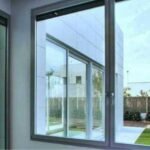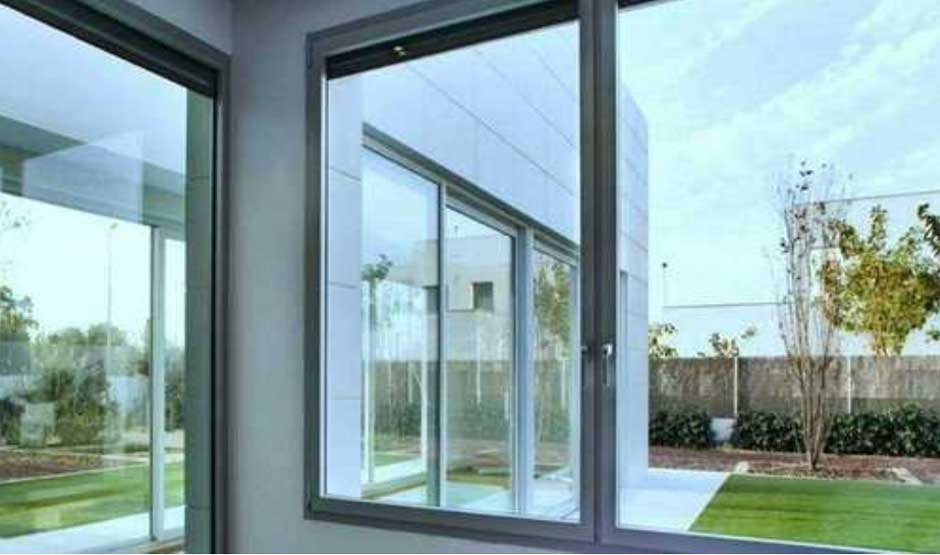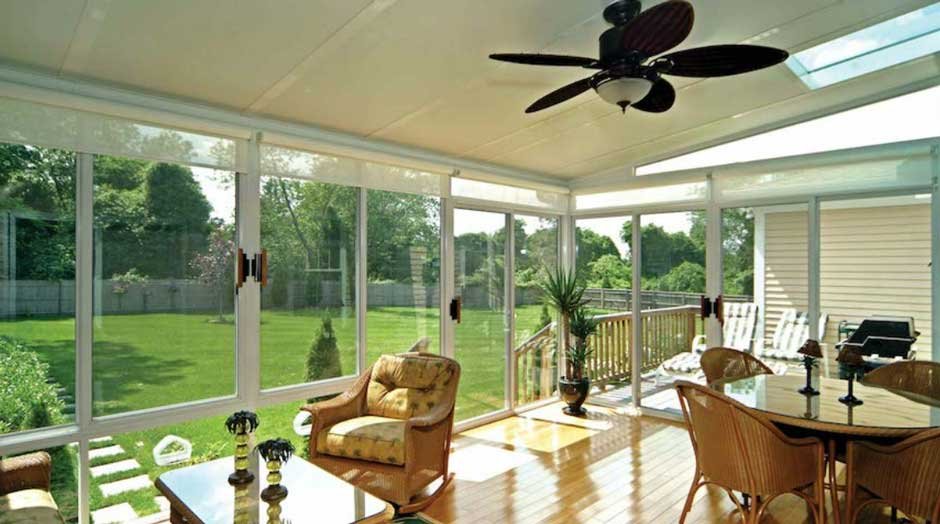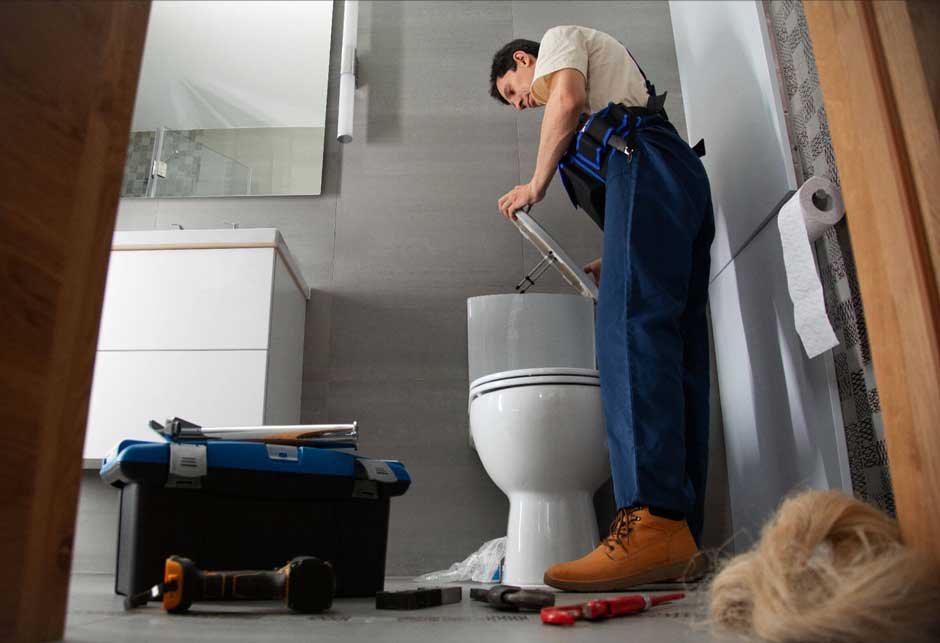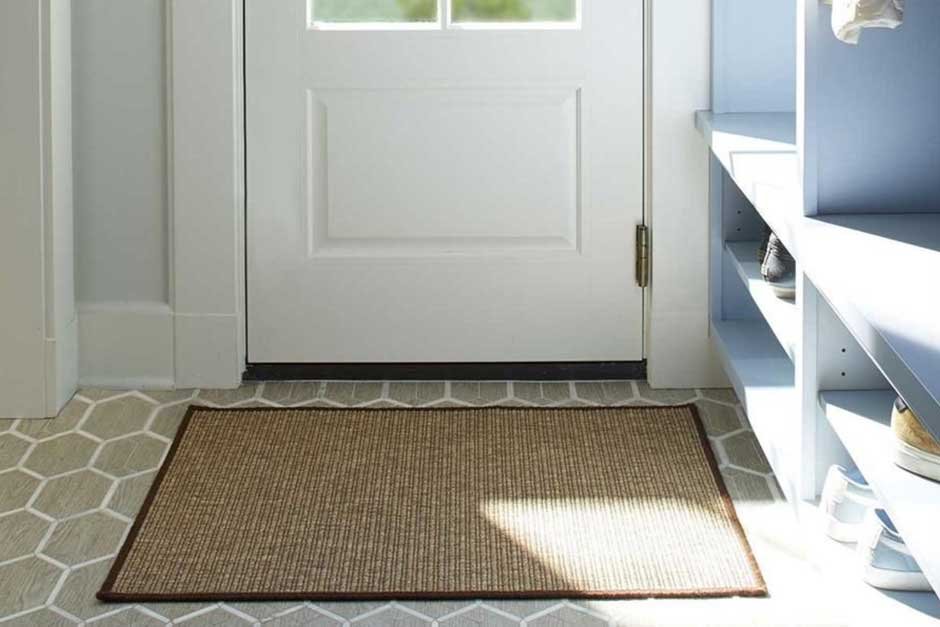Discover how modern aluminium window technology can slash your winter heating costs by up to 60%. This comprehensive guide reveals proven strategies, from thermal break upgrades to smart maintenance tips, helping homeowners save hundreds of dollars annually while staying warm and comfortable all season long.
Winter is coming, and your heating bills might be giving you sleepless nights. But what if we told you that your windows could be your secret weapon against high energy costs? Many homeowners don’t realize that modern aluminium window technology has revolutionized energy efficiency, making it possible to dramatically reduce heating expenses while staying comfortable all winter long. Whether you’re in regions with harsh winters or looking at aluminum window dubai uae solutions for milder climates, the right window upgrades can transform your home’s energy performance.
Understanding Modern Aluminium Window Technology
The Science Behind Energy-Efficient Windows
Traditional aluminium windows had a reputation for being energy drains, but modern innovations have changed everything. Today’s advanced aluminium window designs incorporate thermal break technology, which creates barriers that prevent heat transfer between your warm interior and the cold outside air. According to recent industry data, thermally broken frames can reduce heat loss by up to 60% compared to traditional aluminum, making them incredibly effective for winter energy savings.
How Thermal Breaks Work
Think of a thermal break as a winter coat for your window frame. These insulating materials, typically made from polyamide, are placed between the inner and outer sections of the aluminium window frame. This simple addition stops the metal from conducting heat directly from inside to outside, keeping your heated air where it belongs – inside your home.
Top Tips to Maximize Your Aluminium Window Efficiency
Upgrade to Thermal Break Technology
If you’re still using older aluminium windows without thermal breaks, upgrading should be your first priority. Modern aluminium casement windows with thermal break technology can transform your home’s energy performance. The investment typically pays for itself through reduced heating costs within just a few years.
Choose the Right Glass Configuration
Your aluminium window design for home should include double or triple-pane glass for maximum efficiency. Triple pane windows offer superior insulation to single and double windows, creating multiple barriers against heat loss. Low-E coatings add another layer of protection, reflecting heat back into your room while allowing natural light to enter.
Key glass features for energy efficiency:
- Double or triple-pane insulated glass units for maximum thermal performance
- Low-E coatings that reflect heat while maintaining natural light transmission
- Argon or krypton gas fills between panes for enhanced insulation
Optimize Ventilation Without Losing Heat
Smart aluminium window ventilation designs allow you to maintain fresh air circulation without sacrificing warmth. Look for windows with trickle vents or controlled ventilation options that let in fresh air while maintaining your home’s thermal envelope.
Maintain Proper Sealing
Even the best custom aluminium windows won’t perform well if the seals are compromised. Regular inspection and maintenance of weather stripping and seals ensure your windows continue operating at peak efficiency. Professional aluminium window repair services can help identify and fix any air leaks that might be driving up your heating costs.
Security and Hardware Considerations
Enhanced Locking Systems
Modern aluminium window security features don’t just protect your home – they also contribute to energy efficiency. Quality aluminium window locking systems create tighter seals when closed, reducing air infiltration that can increase heating costs. Multi-point locking systems are particularly effective at maintaining consistent compression around the entire window perimeter.
Essential security features that boost efficiency:
- Multi-point locking systems for superior seal compression
- Heavy-duty hinges that maintain proper window alignment
- Weather-resistant locks that prevent air infiltration around hardware
- Reinforced frame corners that maintain structural integrity over time
Quality Hardware Matters
Investing in premium aluminium window hardware ensures your windows close properly and maintain their seals over time. Poor-quality hardware can lead to gaps and air leaks that force your heating system to work harder. Look for hardware that meets strict aluminium window manufacturing standards for durability and performance.
Maximizing Long-Term Performance
Protective Coatings
Quality aluminium window corrosion proof coating not only extends your windows’ lifespan but also maintains their energy efficiency over time. These coatings prevent degradation that could compromise thermal performance, ensuring your investment continues saving money for decades.
Smart Accessories
Strategic use of aluminium window accessories can boost efficiency even further. Interior shutters, thermal curtains, and properly fitted blinds create additional insulation layers. When drawn during cold weather, most conventional draperies can reduce heat loss from a warm room up to 10%, adding to your overall energy savings.
Sustainable Choices
Consider the environmental impact of your window choices. Aluminium window frame recycling programs make this material one of the most sustainable options available. When you eventually need replacements, aluminum’s recyclability means you’re making an environmentally responsible choice.
Real-World Savings and Statistics
Recent studies show impressive energy savings from modern aluminium window installations. Homeowners replacing older windows with Energy Star-certified windows can save $101–$583 per year in energy costs. These savings compound over time, making energy-efficient windows one of the best home improvement investments available.
Professional Installation and Maintenance
Working with experienced installers ensures your aluminium window performs as designed. Poor installation can negate even the best energy-efficient features, so choose professionals who understand thermal bridging, proper sealing techniques, and manufacturer specifications.
Critical installation and maintenance factors:
- Professional measurement and fitting to prevent thermal bridging
- Quality sealant application around frames and glass units
- Regular inspection of weather stripping and moving parts
Regular maintenance through qualified aluminium window repair services keeps your windows operating efficiently throughout their lifespan. Annual inspections can catch small issues before they become expensive problems or energy drains.
Conclusion
Modern aluminium window technology can cut heating costs by up to 60% through thermal break frames, optimized glass, and proper sealing. Investing in quality custom windows pays off within years via lower energy bills. Professional installation and maintenance ensure long-term efficiency, comfort, and security while boosting home value and sustainability. Upgrade this winter for lasting energy and financial benefits.
Frequently Asked Questions
Is aluminium good for windows? Yes, modern aluminium windows with thermal breaks offer excellent energy efficiency, durability, and security while being environmentally sustainable.
Can aluminium windows be customised in colour and style? Absolutely. Today’s aluminium windows come in numerous colors, finishes, and architectural styles to match any home design preference.
Can old aluminium windows be repaired or upgraded? Many older aluminium windows can be retrofitted with new seals, hardware, or glass units to improve energy efficiency significantly.
How long do thermal break aluminium windows last? Quality thermal break aluminium windows typically last 20-30 years with proper maintenance, making them a long-term investment in home comfort.
What’s the difference between thermal break and regular aluminium windows? Thermal break windows include insulating materials that prevent heat transfer through the frame, while regular aluminium windows conduct heat freely, reducing energy efficiency.



